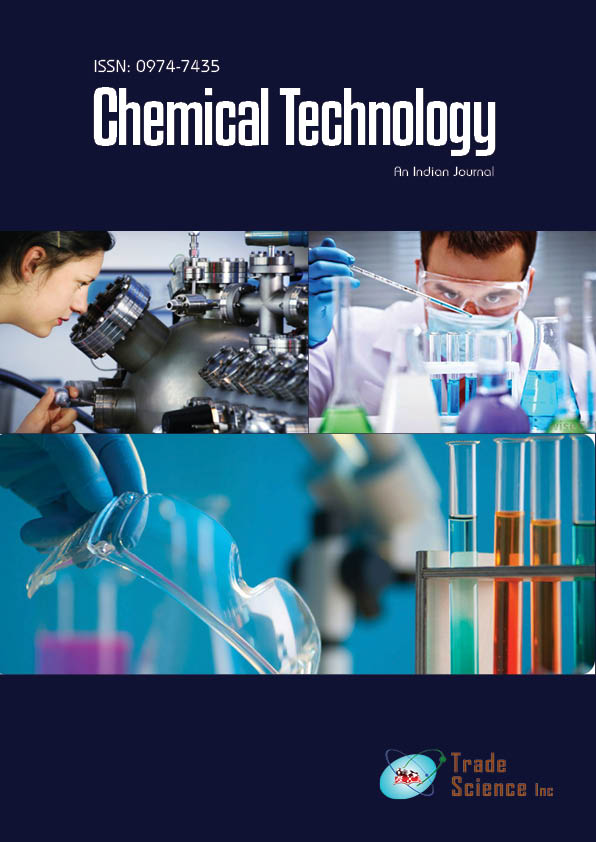抽象的
Microbial community diversity of typical rivers of Changzhou, Jiangsu province
Yang Xuechen, Wang Jihua, Liu Xiang, Guan Jianfei, Gong Xue, Xing Huiyan, Xue Tingting
Microbial community structure analysis has developed on environmental science, environmental engineering, ecology and microbiology. We need to clarify the relationship between community structure and its growth environment. Based on the important role thatmicrobial community structure played in the river, we use PCR and denaturing gradient gel electrophoresis (DGGE) with primer sets targeting the V3 region of 16S rDNA genes and bacterial abundance to reflect it. The results showed that: 1) Bacterial diversities in Chaizhibang river were significantly higher than others. Bacterial communities in the tests can be classified into: Escherichia, Acinetobacter, Citrobacter, Trichococcus and Rhodobacter. However, the typical rivers had dominantly higher proportions of Escherichia and Acinetobacter. 2) The bacterial abundance has been a significant increase with the pollution, the fluctuation is from3.81 ×105 cfu/mL to 1.244 ×106 cfu/mL and average is 7.698 ×105 cfu/mL. The correlation analysis between the bacterial abundance and environmental factors reflect that CODMn and bacterial abundance had a significantly positive correlation. Next we will study the relationship betweenmicrobiology and water quality, also focus on the river water microbial communities with seasonal changes, the result provides a reference and guidance for future work.
